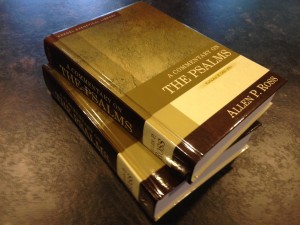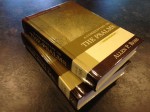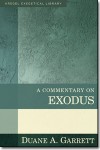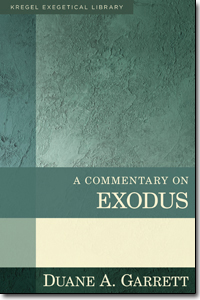
It is extremely difficult to write a good commentary on the Psalms, partly because there are 150 of them, and if all you do is say the barest minimum about each Psalm you will easily end up with a commentary over 300 pages long.
The main reason that is difficult to write a commentary on the Psalms, however, is that they deal with the full range of human emotions. How does one go about analyzing and dissecting emotional poetry without killing it? In some ways, emotions are like jokes: you kill them if you have to explain them.
Both of these difficulties were masterfully solved by the leading Hebrew scholar, Allen Ross. He solved the first problem (that of length) by not even trying to fit a commentary on the Psalms into one volume, but published it as three volumes instead.
 Volume 1 covers chapters 1-41,Volume 2 covers 42-89, and Volume 3 covers 90-150. All 3 can be purchased from Amazon.
Volume 1 covers chapters 1-41,Volume 2 covers 42-89, and Volume 3 covers 90-150. All 3 can be purchased from Amazon.
Regarding the problem of how to analyze emotional poetry, Allen Ross accomplishes this in three ways. First, he makes sure his commentary on the Psalms is not overly technical. Though he does frequently refer to Hebrew words, his language is not academic or full of theological jargon. He write plainly and simply, which is a sign of true genius. Also, there are relatively few footnotes for an academic commentary of this size.
Second, Allen Ross keeps from destroying the emotions in the text by providing the context in which the Psalm was written. By helping the student see what the author was going through, we can better identify with the emotions that were being felt. Though there is not much which is known about most of the Psalms, Allen Ross provides what is known.
For example, on Psalm 52, which is an imprecatory Psalm where David calls down curses upon his foes, Allen Ross indicates that this Psalm was probably written in connection to the incident with Doeg (1 Sam 22:17-23). This is helpful in understanding this Psalm, because all of us have felt this way at one time or another about our foes.
Finally, Allen Ross avoids killing the emotions in the text by providing commentary “In Expository Form.” In other words, the text of the commentary often reads more like the text of a sermon. It is still commentary, but it doesn’t read like a technical commentary, but more like an exhortation.
In the end, these are great commentaries on the Psalms. If you are looking to preach, teach, or study the Psalms, or simply want an aid for your summer devotional reading of the Psalms, I highly recommend Allen P. Ross’ Commentaries on the Psalms.







 Second, I realized my book on the violence of God is getting out of control. WAY out of control. I am nearly at 100,000 words and only about half way through the book. What I have written on the flood is nearly 20,000 words all by itself. I’m drowning in the flood. That’s bad.
Second, I realized my book on the violence of God is getting out of control. WAY out of control. I am nearly at 100,000 words and only about half way through the book. What I have written on the flood is nearly 20,000 words all by itself. I’m drowning in the flood. That’s bad.



